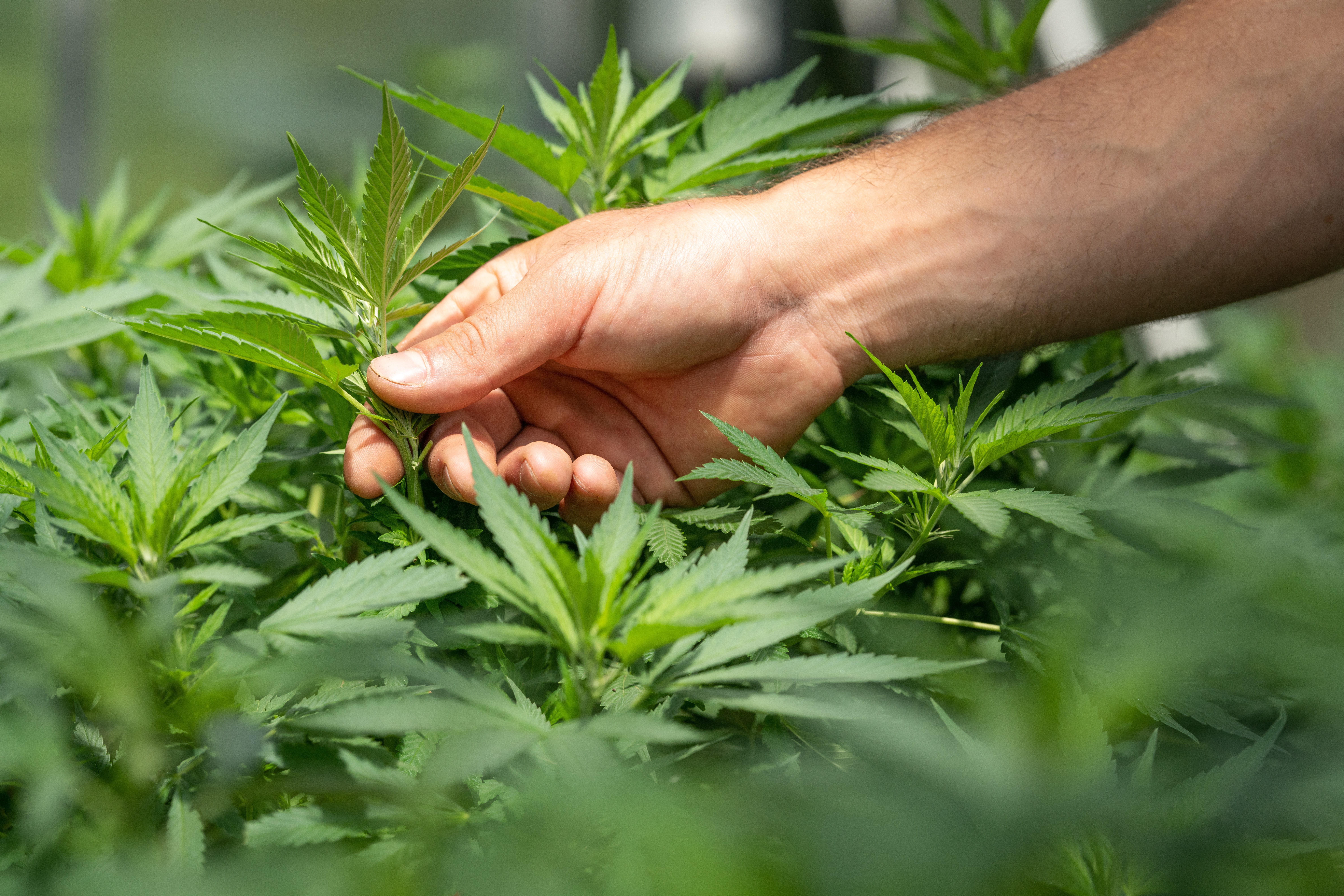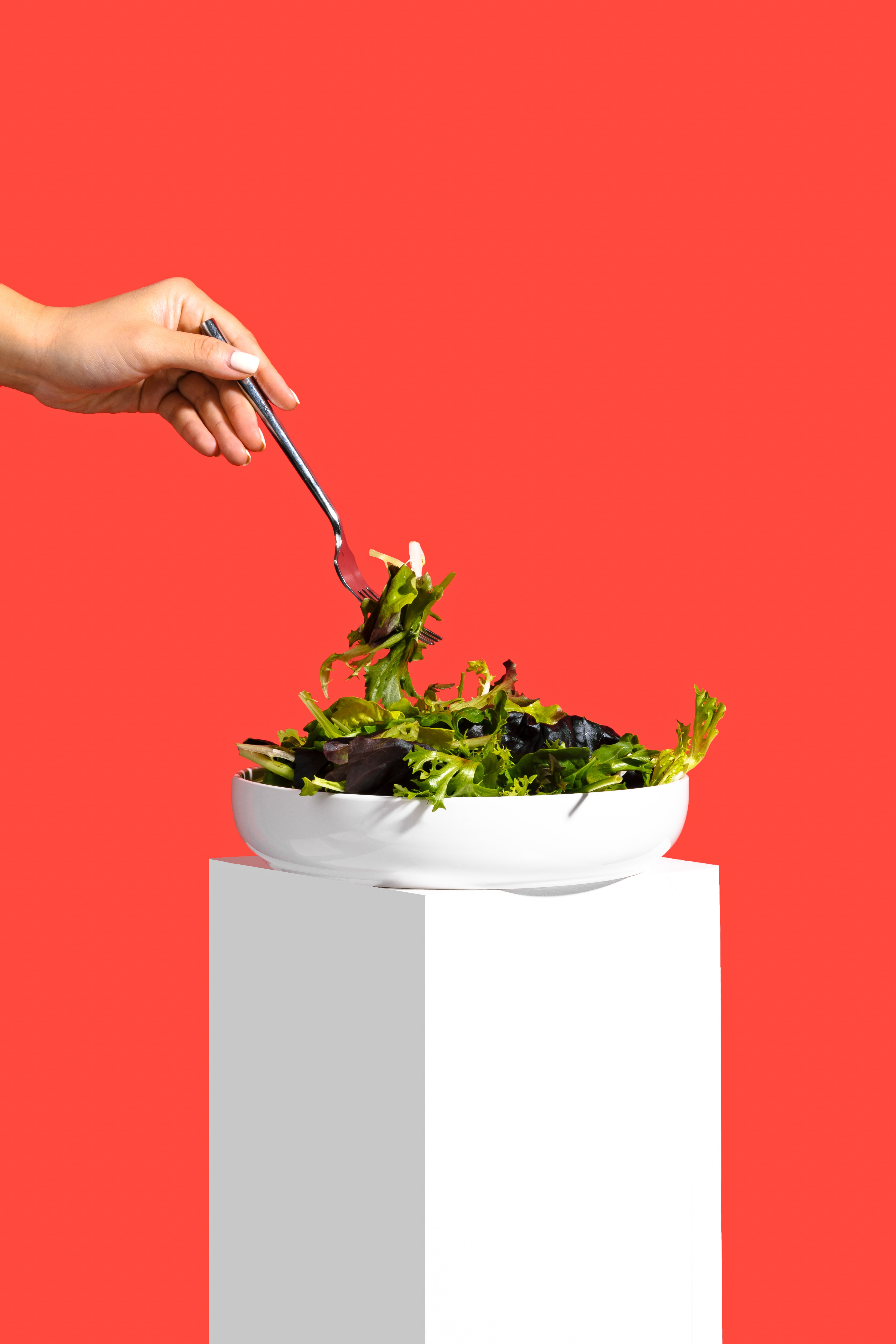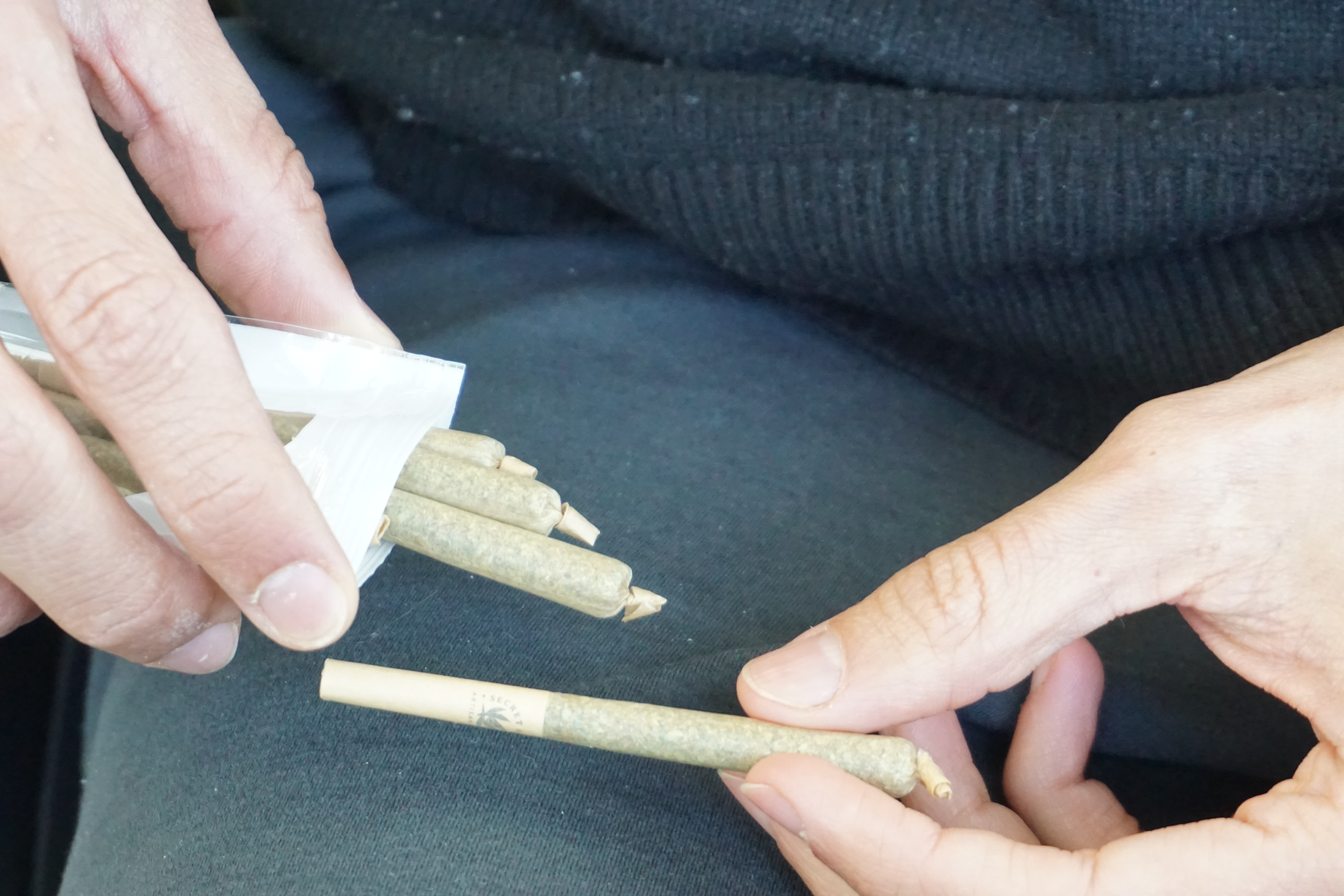Since October 17, 2018, cannabis has been legalized for production, distribution, sale, and non-medical use for adults in Canada, making it the 2nd country in the world to authorize widespread non-medical use of the drug. This event followed the decriminalization of cannabis for medical use two decades ago.
After a year of legalization of non-medical cannabis, only minimal change was observed. Consumers have reported acquiring commodities through legal means; this correlated to an increase in legal retail sales and volumes sold.
During October of the following year, a more comprehensive array of products were planned to be legalized, including more robust varieties (strains) and edibles. Introduction to the Canadian legal market would begin in December 2019 and continue well into the following years, given regulatory timelines and guidelines on selling these types of products.
With the diversification of cannabis products on the horizon, more methods of consumption would be affected proportionately, like eating, drinking and vaping. But with this diversification comes more challenges on the scientific end of the spectrum since only a few studies are currently on these new consumption methods.
Cannabis also began to be more socially accepted in Canada and the U.S. after the legislation happened. The number of cannabis stores has increased eightfold since it became legal.
After being stifled for a long time, Canada's market might open up. Health Canada, the agency overseeing the country's high-THC and pharmaceutical drug sales, is expecting recommendations this summer on CBD and what it calls "health products containing cannabis that would not require practitioner oversight."
"Canadian regulations had greatly hindered the CBD category from gaining traction. If the regulations change, there's a real opportunity for significant growth for CBD." According to Sean Karl, a Vancouver, British Columbia-based supply-chain consultant specializing in cannabis logistics, many mainstream Canadian retailers are eager to start selling CBD.
According to Canadian regulators, they will need more information about over-the-counter CBD before legitimizing it, and that prevents widespread use of CBD nationwide.
Canada has more or less 3000 cannabis retailers. Still, the product cannot be found legally in convenience stores and grocery outlets, and none of Canada's 13 territories maintain hemp laws independent of national laws.
Hardly any of Canada's 74 approved cultivars produce commercially viable CBD. Meanwhile, Canadian hemp import limitations prevented the nation from tapping cheap wholesale CBD supplies from the U.S. since the country only allows CBD for medical and research purposes within the land.
The state of things is different in the U.S. For many years, expert health regulators have been arguing the same as their Canadian counterparts. However, despite their health warnings, retailers all around the U.S. are still selling over-the-counter CBD without repercussions, and most of these retailers are pointing to state laws that differ from what is enforced nationwide.
Hope for the North
Hemp businesses making CBD are hoping that Canada will give them a wider opening to sell more product variations.
The most consumed products in Canada are nutraceuticals (food that contains health-giving additives and medical benefits), followed by topicals, beverages, food, and beauty-related products. A report stated that if Canadian consumers have similar preferences for CBD products and their tastes do not change over time, a rise in demand is projected for each type of CBD product over time. By 2023, nutraceuticals are expected to represent one-third of the market or about $1 billion.
Health Canada's 2019 "Consultation on a Potential Market for Health Products containing Cannabis" heard potent interest from Canadians and stakeholders in CBD health products. This includes a growing interest in products containing CBD that can be purchased and used without the need for a physician or a health practitioner to prescribe or oversee their usage, similar to other products that are easily available over the counter. Although feedback received from Canadians indicated a positive viewpoint on these potential products for both human and animal use, respondents noted that more information was still needed before they fully integrated CBD products into their lives.
CBD in Canada today.
Retailers across Canada today are now struggling to keep CBD products on the shelves today. The industry’s green wave has swept the entire country and CBD continues to trend as one of the most famous cannabinoids due to its numerous medical and health benefits without the euphoria that THC provides.
According to researchers, this trend is expected to subsist in the next stage of the cannabis industry in Canada. Retailers will seek to appeal to a wider range of consumers with their product offerings and promotions — all while balancing regulatory compliance with the innovation and quality that a more varied market will demand.
With the market continuously evolving, the industry will also witness partnerships and stronger connections with each other.
Final Thoughts
The cannabidiol (CBD) market in Canada is worth 446 million U.S. dollars in 2022. By 2026, although fluctuations are to be expected, the market is anticipated to have grown to 452.4 million dollars.
Important challenges remain. Can the loosening of federal CBD regulations turn Canada into a worldwide CBD leader similar to its role in global cannabis? Will this comprehensive, thoughtful review with the weight of Health Canada behind it serve as a stepping stone for the FDA, EU EMA, and other government agencies to consider the best ways to regulate CBD and protect consumers? As we've seen with cannabis liberalization, expect surprises.
Based on the report's findings, a new market for CBD health products would enable the prospering of an innovative and globally competitive Canadian industry. It will be creating thousands of jobs for Canadians across the country, benefiting a range of industries in Canada and sparking investments in research and the creation of intellectual property.
Sources:
Looking back from 2020, how cannabis use and related behaviors changed in Canada
The Price of Cannabis in Canada
What has changed since cannabis was legalized?
Is Canada (finally) going to allow CBD to be sold in mainstream retail?
Canadian economic recovery opportunity – new report on food and beverages





